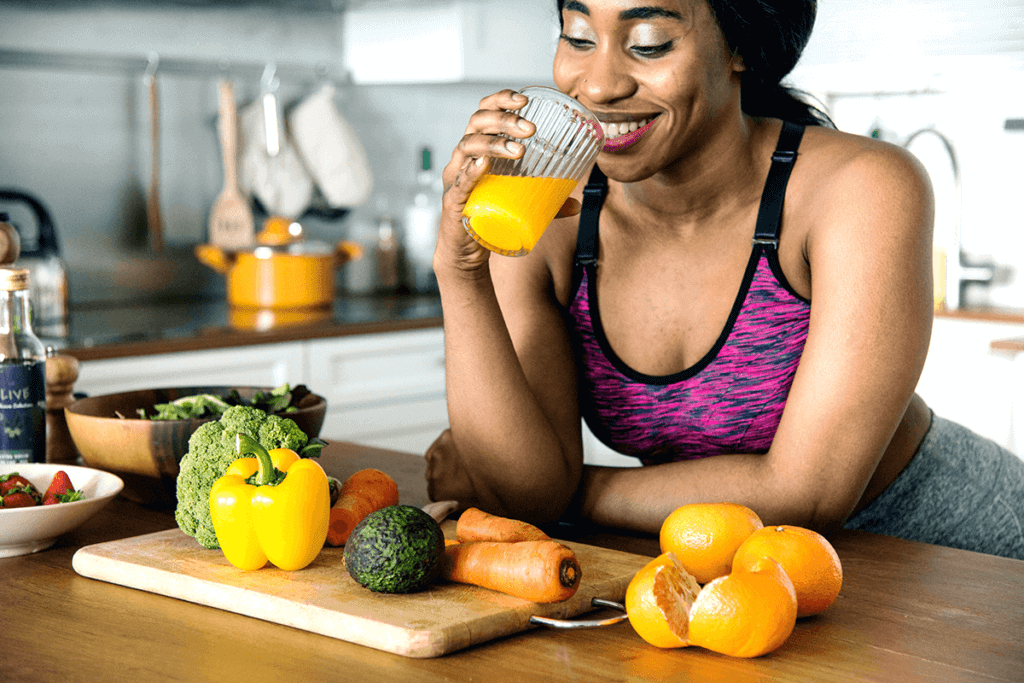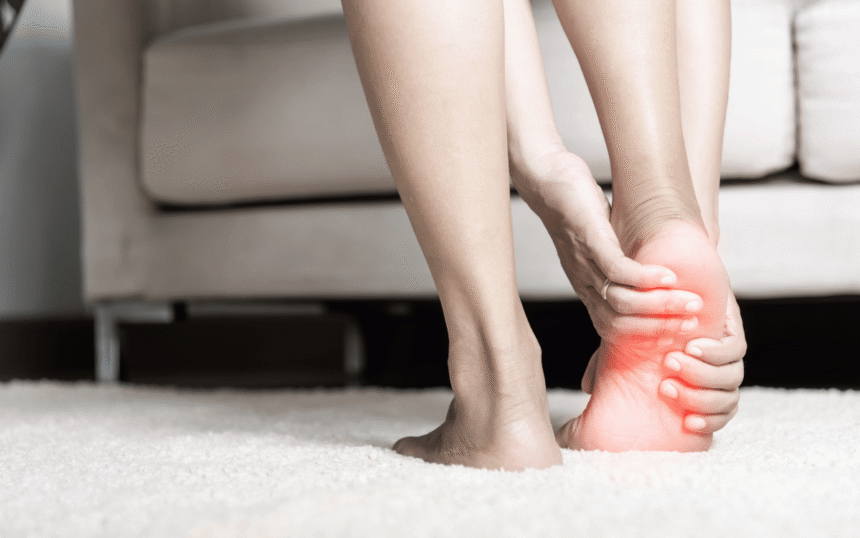Nutrition plays a crucial role in how your body performs during workouts and how well it recovers afterward. Whether you’re training for strength, endurance, or weight loss, understanding what to eat before and after your workout can help you get the most out of your fitness routine.
In this guide, we’ll break down the importance of pre- and post-workout nutrition, what your meals should include, and provide sample food ideas for every fitness goal.
🥗 Why Nutrition Matters for Your Workout
Food is fuel—and the right fuel can:
- Enhance performance and stamina
- Prevent muscle fatigue and injury
- Speed up recovery
- Build and repair muscle
- Regulate metabolism
- Support fat burning
Without proper nutrition, you may feel sluggish, experience dizziness, or struggle to reach your goals effectively.
⏱️ What to Eat Before a Workout
✅ Goal: Fuel the Body for Optimal Performance
Your pre-workout meal should provide energy, hydrate your body, and prime your muscles for activity. Ideally, eat 1–3 hours before your workout, depending on the size of your meal.
🧬 Key Nutrients:
- Carbohydrates – Your body’s main energy source
- Protein – Supports muscle integrity and prevents breakdown
- Hydration – Helps with circulation and performance
🥣 Pre-Workout Meal Ideas (1–2 Hours Before):
- Oatmeal with banana and almond butter
- Whole grain toast with peanut butter and sliced strawberries
- Greek yogurt with berries and granola
- Chicken and brown rice with steamed veggies (for longer sessions)
🍌 Quick Snacks (30–45 Minutes Before):
- A banana or apple with a spoon of peanut butter
- A small protein smoothie
- Energy bar with balanced macros
Avoid: High-fat and high-fiber meals right before exercise—they slow digestion and may cause discomfort.
🥩 What to Eat After a Workout
✅ Goal: Repair, Replenish, and Rebuild
Post-workout nutrition helps you recover faster, build muscle, and reduce soreness. Try to eat within 30–60 minutes of completing your workout.
🧬 Key Nutrients:
- Protein – Rebuilds and repairs muscle tissue
- Carbohydrates – Replenish glycogen stores
- Electrolytes & Fluids – Rehydrate and restore balance
🥗 Post-Workout Meal Ideas:
- Grilled chicken with sweet potatoes and spinach
- Protein smoothie with banana, spinach, and almond milk
- Eggs with whole grain toast and avocado
- Salmon with quinoa and roasted vegetables
🍫 Quick Recovery Snacks:
- Chocolate milk (carbs + protein + hydration)
- Cottage cheese with pineapple
- Protein bar and a piece of fruit
- Tuna with whole grain crackers
Tip: Aim for 20–30g of protein and 30–60g of carbs, depending on your workout intensity.
💧 Hydration: Don’t Forget the Fluids
- Before workout: Drink 16–20 oz of water 2–3 hours beforehand
- During workout: Sip water regularly, especially if sweating
- After workout: Rehydrate with water or electrolyte-rich drinks
Bonus Tip: Coconut water, sports drinks, or water with a pinch of sea salt can replenish lost electrolytes after high-intensity sessions.
🏋️ Nutrition Based on Workout Type
🏃 For Cardio (Running, Cycling, HIIT)
- Before: Simple carbs for energy (fruit, toast, granola)
- After: Carbs + protein (protein shake with banana)
🏋️ For Strength Training
- Before: Protein + complex carbs (chicken & rice, oatmeal & protein powder)
- After: High protein, moderate carbs (eggs & toast, salmon & quinoa)
🧘 For Light Workouts (Yoga, Pilates, Walking)
- Before: Small snack or light meal (fruit, yogurt)
- After: Balanced snack (nuts, smoothie, hummus & veggies)
🙋 8 Unique FAQs About Pre- and Post-Workout Nutrition
Q1: Can I work out on an empty stomach?
A: Yes, but it’s best for light workouts like walking or yoga. For intense training, fuel with carbs and protein for optimal energy.
Q2: How soon should I eat after a workout?
A: Ideally within 30–60 minutes to maximize muscle repair and glycogen replenishment.
Q3: Are protein shakes necessary after workouts?
A: Not mandatory, but they’re a convenient way to meet your protein needs—especially if you’re short on time.
Q4: What should I avoid eating before exercise?
A: Avoid high-fat, greasy, or very spicy foods—they can cause indigestion and sluggishness.
Q5: Do I need to eat before a morning workout?
A: A small snack like a banana or a protein smoothie can help you feel energized without being too heavy.
Q6: What if I don’t feel hungry after a workout?
A: Try a light option like a smoothie, protein bar, or chocolate milk to kickstart recovery.
Q7: Is coffee good before a workout?
A: Yes—in moderation. Caffeine can boost energy and performance, but avoid adding sugary creamers.
Q8: How important is hydration compared to food?
A: Both are crucial. Even mild dehydration can reduce performance and slow recovery, so drink consistently throughout the day.
🌟 Conclusion: Fuel Your Fitness the Smart Way
What you eat before and after your workout directly impacts your energy, performance, and recovery. Whether you’re training for endurance, strength, or general health, tailoring your nutrition helps you get the most from every sweat session.
Listen to your body, stay consistent, and choose whole, nourishing foods that support your fitness goals. With the right fuel, you’ll not only perform better—but feel better too.









